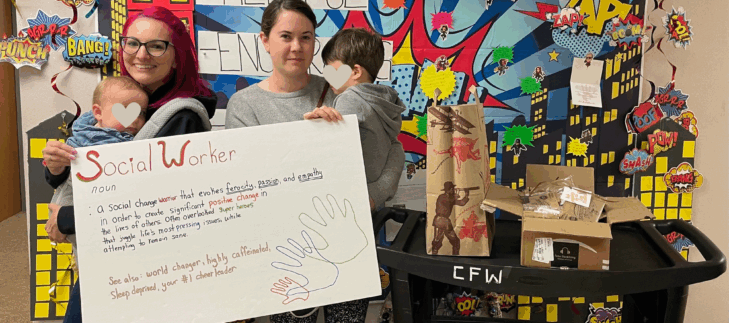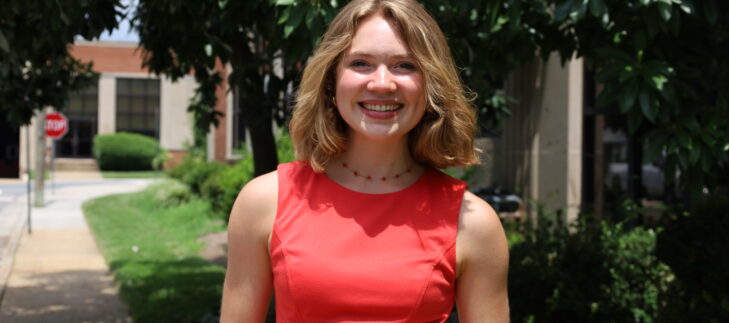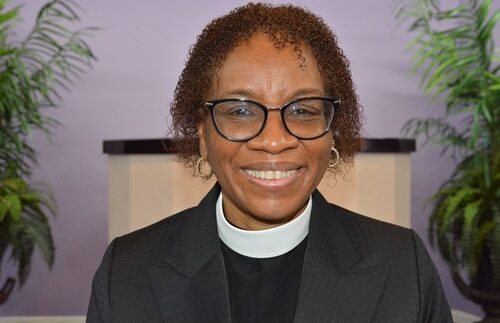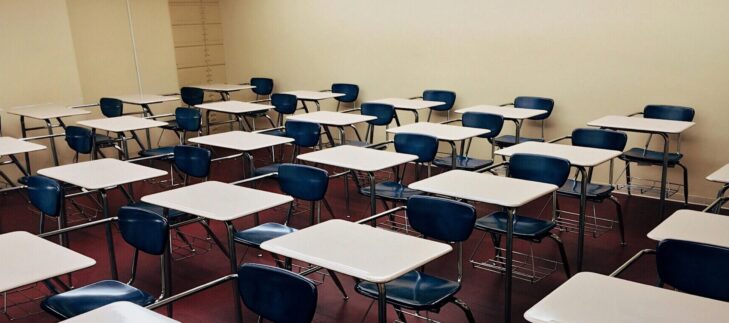
Can We Do This Better?
This article is part of Better Together — a storytelling series from the Center for Public Justice highlighting how faith-based organizations have partnered with government to see their communities flourish. It started as a typical night out for dinner. But Chris and Scott Seaton had made plans not only for a meal but also to attend a book launch event in Washington, D.C. The book being released was Unleashing Opportunity: Why Escaping Poverty Requires a Shared Vision of Justice by Michael Gerson, Stephanie Summers, and Katie Thompson. It explores how Christians might understand and respond to some of the most pressing issues […]


